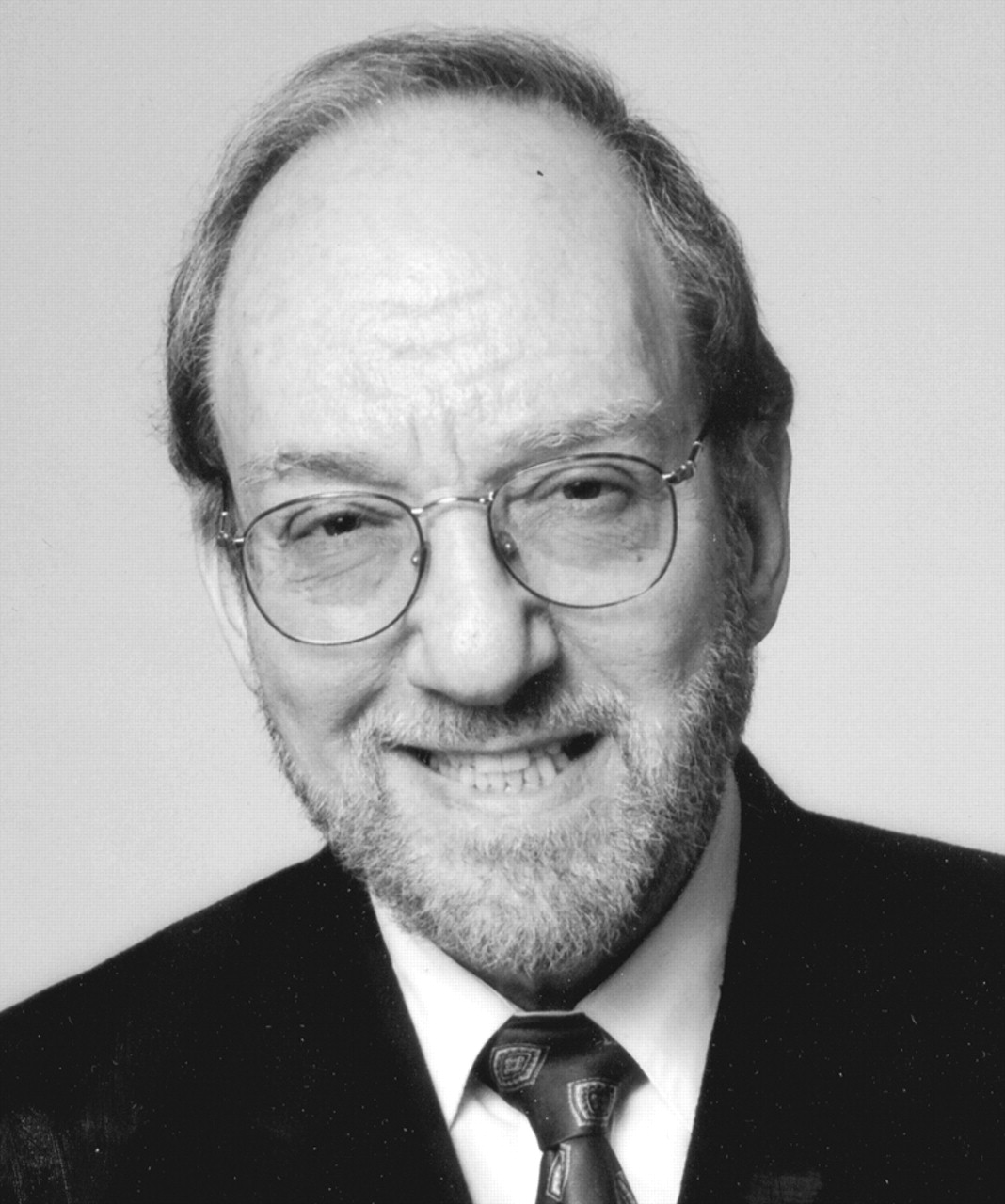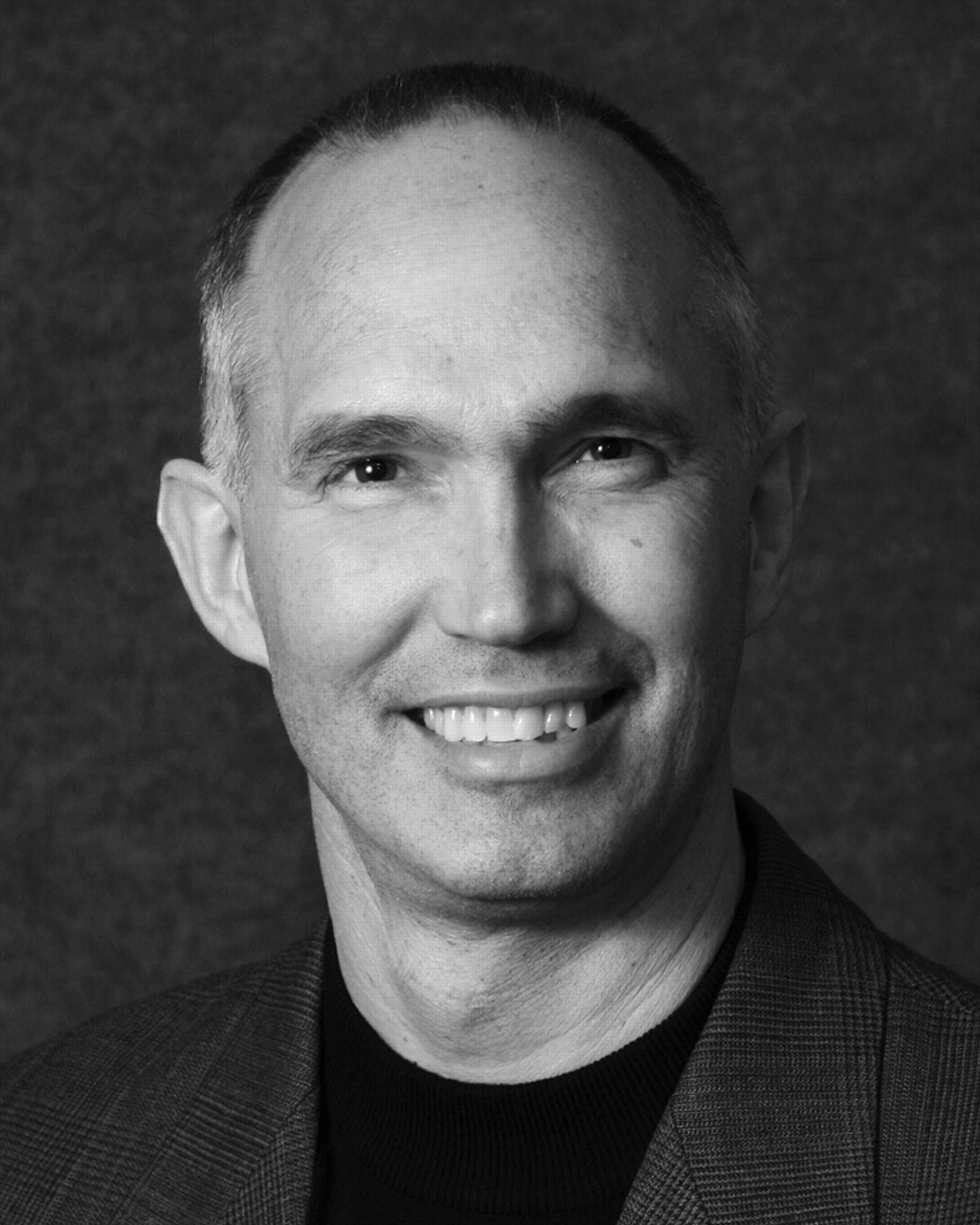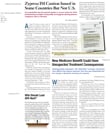Biographical Statement
I did medical school and residency at Downstate-Kings County Hospital in Brooklyn and internship at San Francisco General Hospital. I was a U.S. Air Force psychiatrist in Texas.
I am at N.Y. Medical College in Valhalla, N.Y., where I am professor of psychiatry, medicine, and surgery; chief of consultation-liaison psychiatry; and director of the medical student clerkship. This year I was awarded the endowed Sidney Frank Distinguished Professorship in Psychiatry.
I have edited a book, Supervision of Psychotherapy, and have written Psychological Care of the Burn and Trauma Patient and Practical Guidelines in C-L Psychiatry. My research included work on death and dying, fluoxetine in ESRD, and cardiologists' attitudes about depression. I am currently co-editing a textbook titled Psychosomatic Medicine in the 21st Century, to be published by Lippincott.
My interest in public affairs has led me to write a syndicated column for Gannett Newspapers, which received two awards. I also hosted a radio program called “Talking About Health.”
I was on the Board of Trustees of the American Academy of Psychoanalysis and am on the Program Committee of the Academy of Psychosomatic Medicine.
I have always had a psychodynamically and pharmacologically oriented office-based private practice.
My activities in APA have been a major part of my identity as a psychiatrist. I was DB president and then Assembly representative for 10 years. I taught courses at the annual meeting on disaster and terrorism. I served two terms on the Elections and Disaster committees. After being chair of my DB and Area public affairs committees, I was chair of the Joint Commission on Public Affairs. In the Assembly, I have written more than 12 action papers and was chair of a Reference Committee. I am currently Assembly Recorder.
I hope to serve APA as Speaker-elect of the Assembly.
Candidacy Statement
I would like your vote for speaker-elect. I hope my actions as recorder and a representative and my ideas for the future merit your support.
This year I was a member of the JRC, AEC, and ACOP and visited every Area meeting. I listened to and studied the concerns of members. I worked to facilitate the Assembly as backup for the public affairs network, which was the basis of an action paper that I authored. I have also tried to facilitate the development of district branch list serves and Web sites in which representatives can better communicate with members.
As Assembly representative, I was senior author of more than 12 action papers. Some of my action papers were soundly defeated, and others involved useful compromises. Examples of my action papers passed by the Assembly:
•
Million Dollar Litigation Fund
•
Guidelines for E-Mail for Psychiatrists
•
Right of Members to Be Present at Reference Committee Discussions
•
Acceptance of Precepts of Palliative Care
•
Endorsement of C-L Psychiatry as Subspecialty
•
The Need of the Ethics Committee to Reevaluate Rights of Members to Advocate for Patients
•
Establishment of Eric Lindemann Award for District Branches During Disasters
I have witnessed and participated in a shifting of power in APA in which the Assembly and its leadership faced an economic crisis and diminution of membership. In order to secure the future of APA, the voice of the membership in the district branches had to be heard. It was the Assembly that spoke in that voice, and its leaders articulated changes throughout APA.
However, the Assembly does not have one voice. While there is usually agreement on how we should respond to legislative issues, psychologist prescribing, public misunderstanding about antidepressive medication, managed care, and insurance coverage, we are far from unanimous on the best path to follow. We agree on the importance of maintaining a strong membership, but we certainly disagree on the best way to improve our governance. I believe that I can maintain the atmosphere in the Assembly that ensures that all voices will be heard. I support the use of reference committees with supplementary discussions in Area meetings. I will never cut off debate to prevent a point of view from being heard.
The leaders of the Assembly should facilitate action so there can be revenue sharing with the district branches of income from endeavors such as the upcoming DSM-V. District branches should be assisted in membership recruitment and retention, which includes appealing to nonmembers in the VA system, state hospitals, prisons, rural, and inner city. There also needs to be an appeal to ECPs, MITs, all MURs, as well as psychoanalysts, some of whom wrongly believe our organization is not relevant to their professional functioning. We should continue to offer media training and education about disasters and terrorism to Assembly members, who can use this information in their leadership role.
Most of all, if chosen speaker-elect, I will do my best to continue to serve you as an enthusiastic and committed officer of the Assembly.
Biographical Statement
I was raised on a farm in Montana. I experienced that everyone's work and contribution counted. I learned to work hard; to support others; and to think, to fix, and to improve. My parents, family, and community provided my foundation of values and ideals, and I came to see that the most valuable work we do is aligned with those values.
This led to my practical stoicism. I learned to trust results, not rhetoric. Discipline, commitment, and self-challenge developed and are part of my daily routine.
Initially I intended to be a surgeon. In my third year of medical school, I first saw and experienced treating psychiatric patients. I experienced the thrill of seeing psychiatric patients get well and have been hooked ever since.
My residency was at Mayo. My first and only job has been with MeritCare Health Systems in Fargo. My practice is broad ranging, including inpatient (eating disorders, chemical dependency), outpatient, teaching, and public psychiatry. Administratively I have worked in quality improvement and as BCBS-ND clinical director and, the last two years, department chair.
During this time, I have been blessed with the companionship of my wonderful wife, Kim, and we have raised two accomplished daughters who are in college.
I joined APA in residency, beginning my identity as a professional—a doctor specializing in psychiatry. I have held the various offices in my district branch. I have been in the Assembly for nearly 20 years, first representing North Dakota, then serving as Area 4 deputy representative for three years and Area 4 representative for the last four.
I have clear values and a vision for the common good. I will continue to work hard, think, support our profession, and search for innovative solutions to the challenges facing psychiatrists and how our organization can help them and our patients.
Candidacy Statement
I love what I do. It is such a privilege, gift, and honor to treat my patients, share in their lives, and practice my profession. Unfortunately, my practice is changing. I spend more time doing paperwork and justifying psychiatric care. Patient care is changing. My patients are increasingly inconvenienced regarding office visits, medications, hospitalization, and diagnoses. Increasingly, care is less available, and much psychiatric care is provided in jails and prisons. North Dakota may become the first state with no public psychiatric hospital. These trends are evident whether you practice in North Dakota, any of the other 49 states, or Canada.
I am running for speaker-elect because I believe our Association must rededicate itself to our medical profession of psychiatry. In the past, our professional identity was largely assumed, and our professional organizations (APA and AMA) maintained that identity. We have been victims of our success; our profession has become immersed in the business known as the health care industry. This has happened gradually—but I fear we are on our way to becoming “boiled frogs” with the changes too subtle to cause effective action while there is still time. Make no mistake, the forces of the marketplace continue to threaten the funding of treatment of mental illness and substance use disorders (think recent OIG statements, CMS actions, decreasing state budgets, deinstitutionalization, formularies, and increasing review), while simultaneously other practitioners seek to expand their scope of practice legislatively to match our own.
We define ourselves by our actions. It may not be fair, just, or deserved, but complacency, navel gazing, and politically correct (or even incorrect) expressions of distress will not improve our position or that of our patients.
Our strengths are in thinking through problems, forming relationships, and communicating. We must apply these strengths to legislators, regulators, policymakers, and the general public—it must become our expectation of each other, and we must support each other in these tasks.
The goals? To ensure that our patients get excellent medical care, with real and meaningful access. We need to continue to work toward our positions verbalized on universal assess and nondiscrimination for mental health benefits.
In the Assembly I have had the pleasure to have many mentors and form friendships throughout the continent. For four years I have been Area 4 representative and am in my second year as chair of the Procedures Committee. I believe the Assembly needs to move in the direction originally envisioned by its founders and ensure that the work of APA focuses on psychiatrists and the care of patients, not the workings of APA.
There is an apt quote from Vaclav Havel: “Vision is not enough; it must be combined with venture. It is not enough to stare up the steps; we must step up the stairs.”
This is my assessment of our position, my goals, and my actions to move toward those goals. Time to “step up the stairs.” I ask for your vote and support for my candidacy for speaker-elect.
Thank you.


